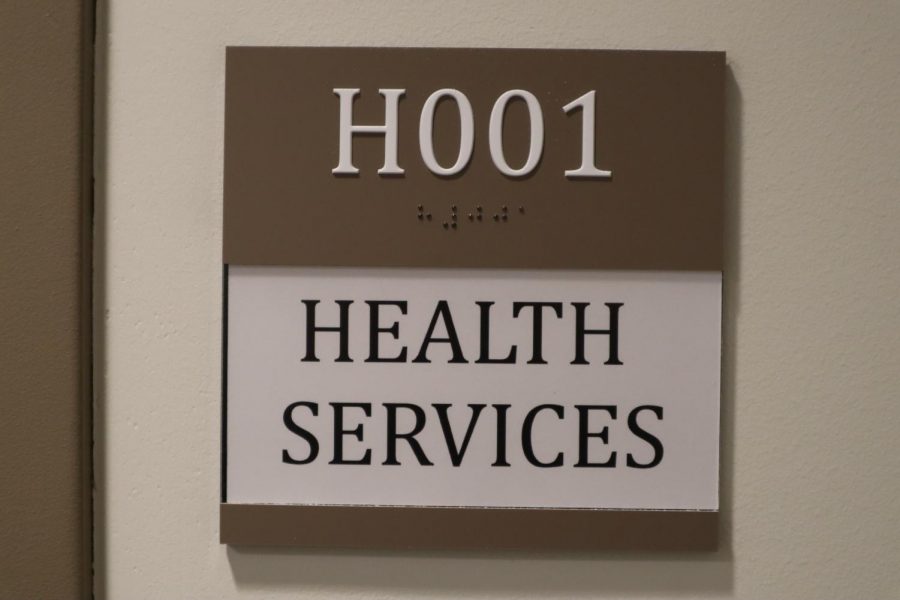Health Services suffers from budget cuts
Health Services recently moved into its new location in the Jean Student Center.
October 12, 2018
It’s no secret that in this country there is a rising need for mental health treatment amongst all Americans. But college students are a demographic that has increasingly struggled with psychological problems and disorders in recent years.
According to a survey conducted in 2016 by the American Psychological Association, over 52% of college students across the country reported feeling hopeless and depressed.
This trend is no different for Saint Anselm students. According to statistics provided by the Office of Health Services, the number of students who have seen a counselor on campus has nearly doubled since 2010. In 2010, 840 students sought counseling; already in 2018, over 1,800 students have visited the office.
The number of students who visit Health Services for urgent mental health issues has also steadily increased by nearly 50%.
Considering this trend, one would think that Health Services, arguably the most crucial Office on campus in terms of student needs, would be exempt from the financial budget cuts that took place over the summer.
However, Director of Health Services Maura Marshall confirmed to The Crier that “Health Services has faced budget cuts, much like many other departments on campus.”
So how much money did the college cut from Health Services’ budget? The exact number remains unknown. The Crier reached out to Mr. William Furlong, current Chief Financial Officer, but he did not provide a solid numerical value.
But it is clear that the cuts were enough to instigate a need to slash the pay of all four counselors who work part-time for the office. In order to maintain the same amount of counseling (80 hours per week), counselors agreed to take a 10% cut in their pay. Their sacrifice was made to ensure that the accessibility of mental-health related treatment on campus did not diminish.
Maura Marshall wants to make that point clear. While she is grateful for the support shown in a recent petition to allocate funds back to her office, “[she] feels that we must reflect that this may create a barrier to students seeking mental health in Health Services if they have a preconceived idea that we are not able to meet their needs.”
Despite the cuts, Marshall wants all students to know that Health Services has and always will make each and every student’s mental health their utmost priority. Counseling hours have remained the same, and the amount of 24-hour emergency on-call counseling has actually increased to cover student-athletes during pre-season and school breaks.
“We treat every student as an individual and make sure that they are receiving the best, and most accessible care available. We would never turn a student away who was in need of counseling or medical services,” said Marshall.
With that being said, it’s important that students who are struggling with mental-health issues know that receiving counseling at Health Services should not be their long-term solution.
Health Services utilizes a short-term model of treatment that is already covered in tuition under Room and Board.
“This is a model used by most colleges and universities because Health Services is not open year round, and counseling through the campus health center is not available in the summer or during academic breaks. Therefore, a student must have follow up at home,” explained Marshall.
With or without extra funding from the college, Maura Marshall and her staff will never stop helping students with their physical and mental needs.
“My door is always open,” assured Marshall.



